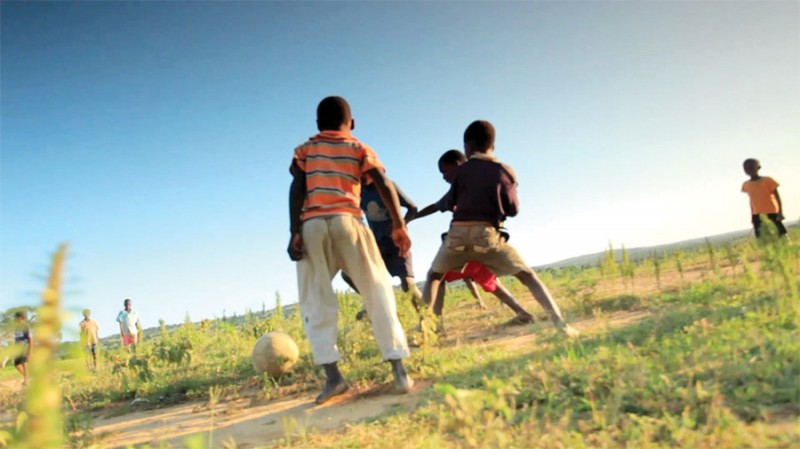Violence against children remains hidden - survey
Nnasaretha Kgamanyane | Friday December 20, 2019 13:43


“It has generally been agreed that most incidents of violence against children are rarely disclosed and remain hidden, partly due to a culture of silence and shame. Furthermore, social norms generally purport the belief that violence against children in the home is a private affair, that physical violence is an acceptable means to discipline and educate children, and that children are expected to submit to the will of their parents, teachers, religious leaders, and other elders and authority figures. Thus, law enforcement officials and others mandated to protect children rarely intervene or enforce those laws that do exist,” it states.
Furthermore, it noted that this attributes to children being reluctant to report the incidents of violence that are committed against them, sometimes in fear of retribution against themselves or other family members, out of shame or guilt, or due to the belief that they merited such treatment or were, in some way, responsible. It also states that the Government of Botswana acknowledges that a lack of comprehensive data on violence against children has been one of the challenges to plan, implement, monitor and evaluate appropriate policies and programming on child protection.
According to the survey, lack of sufficient and reliable data on violence against children contributes to the inability of stakeholders to make informed programmatic decisions around the prevention of and response to violence. Evidence to support advocacy, to inform national planning and funding allocation and to monitor the impact of all forms of violence is urgently needed.
It also indicates that sexual violence is more prominent among females. The survey states that gender-based violence in Botswana affects nearly two-thirds of all women across the country, and large numbers of children.
It further indicates that the Botswana Gender Based Violence Indicators Study showed key associations between child abuse and gender-based violence with 66% of male perpetrators having experienced child abuse themselves, including 24% who experienced child sexual violence; 19.6% of women experienced sexual violence in childhood and 56% of women witnessed their mothers being abused.
“It is clear that violence against children can lead to negative long term effects to the victims and community at large. In Botswana gender based violence contributes to HIV infections.
The First Botswana Youth Risk Behavioural Surveillance Survey found that 40% of students had been picked on or bullied during the 30 days prior to the survey, about 25% of students were threatened or injured with a weapon during the 30 days prior to the survey, 28% were involved in physical fight and had to be treated by a doctor or nurse during the 12 months prior to the survey, and 13% of sexually experienced students had been raped the first time they had sexual intercourse,” it notes.
The survey also found that about 13% of sexually experienced students were forced to have sexual intercourse during the 12 months prior to the survey. It also points out that the Botswana AIDS Impact Survey (BAIS) IV found that 25% of females with early sexual debut had sexual intercourse before the age of 15. It points out that those young girls reported not giving consent at the time of intercourse.
In the population of women aged 15 to 49 years, an estimated four percent reported sex without consent in the last 12 months. It further indicates that the HIV prevalence, determined by positive HIV test during the survey, amongst 13 to 24-year-olds was about 11% and less than five percent for females and males, respectively.
